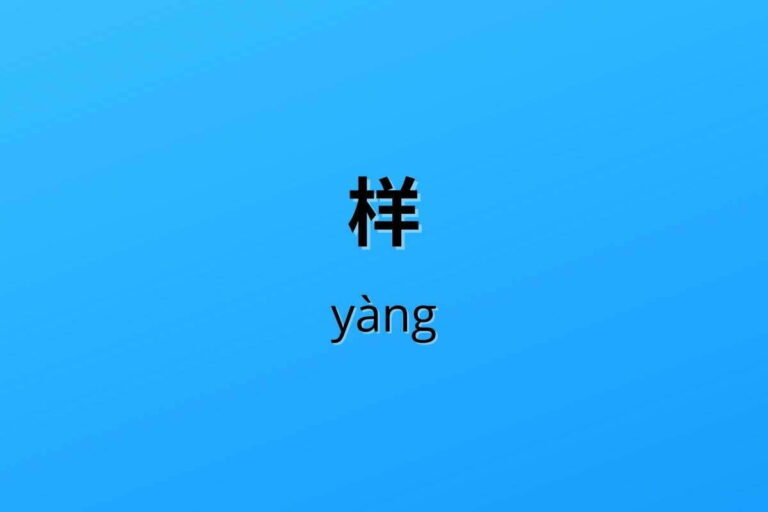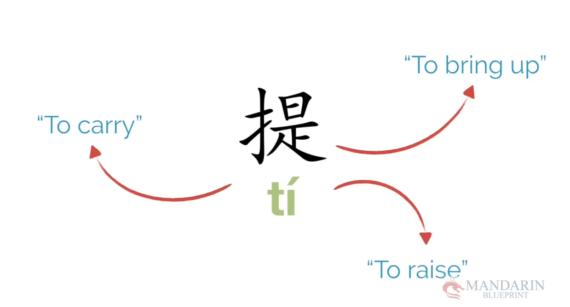Chinese Yang Character – 样 yàng

Making sense of Chinese Yang multiple Meanings
It is significantly more essential to have a deep understanding of individual characters in Chinese than it is to have similar knowledge of a particular word. Today’s character is Chinese yàng – 样.
As such, we like to take time to look at a particular construction of the character, and then how it functions across several different words.
Therefore, this encourages a more profound, and therefore more long-lasting, study of the language.
The Two Components
Two character components make the character yàng – 样, these components are
1) mù – 木 (wood)
2) yáng – 羊 (sheep).
The meaning of the character is related to patterns or appearance, so of the two components.
木 (wood) is the one that expresses semantic meaning, as ancient China made many tools and pattern-based artworks from wood.
羊 (sheep) The second component is part of this character to give a phonetic hint for the pronunciation (yang). But in no way represents its original semantic meaning of sheep.
The Phonetic-Semantic Compound
This type of “Phonetic-Semantic Compound” in Chinese makes up 82% of the most common Chinese characters.
Most often, the semantic component is on the left and the phonetic component on the right, just like in yàng- 样.
So what are the most common uses of yàng- 样 in a sentence or construct? The most common is 一样, which could be translated as “one appearance,” aka “the same.”
Other common word combinations:
这样- zhèiyang- (“this” + “appearance”)- this way, like this
那样- nèiyang- (“that” + “appearance”)- that way, like that
怎么样- zěnmeyàng- (“how” + “appearance”)- How does that appear? How about it?
什么样- shénmeyàng- (“what” + “appearance”)- what kind of…?
样子- yàngzi- the appearance (of someone or something)
榜样- bǎngyàng- (“A list of successful candidates, e.g., honor students” + “appearance”)- role model
Here’s a short dialogue to illustrate the different usage ways of Chinese Yang – 样:
1) 你的老板是什么样的人?- nǐde láobǎn shì shénmeyàng de rén
English: What kind of person is your boss?
2) 是这样,他每天发脾气,对我和我的同事们都很凶。这样的人不是一个好榜样。- shì zhèiyang, tā méitiān fā píqì, duì wǒ hé wǒde tóngshìmen dōu hěn xiōng. zhèiyang de rén búshì yíge háo bǎngyàng
English: It’s like this: he loses his temper every day and is aggressive toward my colleagues and I. This kind of guy is not a good role model.
3) 我的老板完全一样!我们俩都辞职,怎么样?- wǒde láobǎn wánquán yíyàng! wǒmen liǎ dōu cízhí, zěnmeyàng?
English: My boss is completely the same! How about we both resign?








